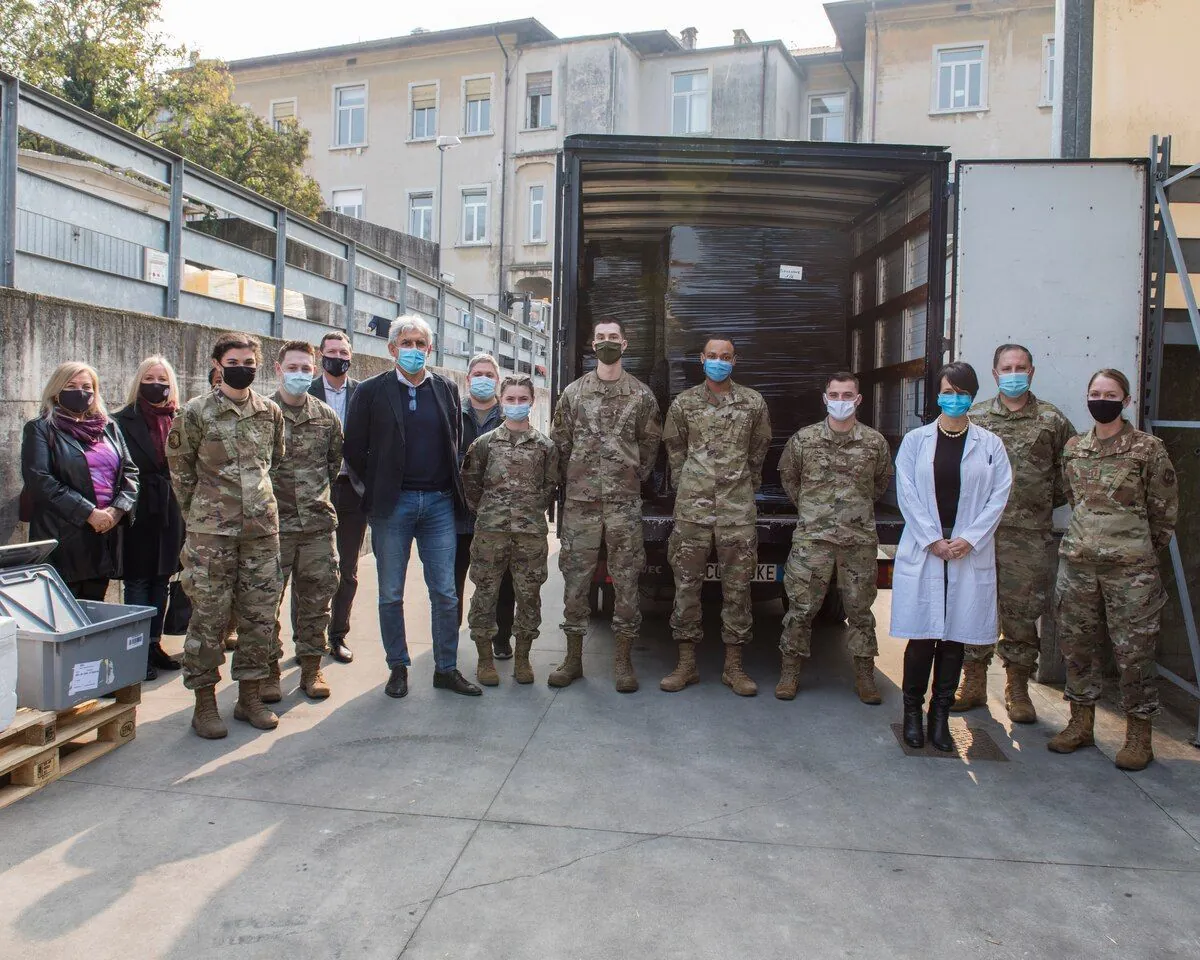Italian Army to Guard Hospital Amid Rising Attacks on Medical Staff
Italy deploys military to protect healthcare workers in Calabria following nationwide surge in violent incidents. Medical professionals demand urgent action as understaffing and long wait times fuel patient frustration.

In response to a surge of violent incidents targeting healthcare workers across Italy, the nation's military will begin guarding medical staff at a hospital in the southern region of Calabria starting Monday. This unprecedented move comes as the country grapples with mounting concerns over the safety of its healthcare professionals.
Paolo Giovanni Grieco, the local prefect, has approved a plan to enhance existing surveillance measures at sensitive locations in Vibo Valentia, including the hospital. This decision follows a series of alarming attacks on doctors and nurses by frustrated patients and their relatives, particularly in southern Italy.
The medical community has been vocal about the need for increased protection. Antonio De Palma, president of the Nursing Up union, stated, "We have never seen such levels of aggression in the past decade. We are now at a point where considering military protection in hospitals is no longer a far-fetched idea. We cannot wait any longer."

The situation reached a critical point in early September 2024 when a group of approximately 50 individuals, mourning the loss of a 23-year-old woman who died during emergency surgery, violently attacked staff at the Policlinico hospital in Foggia. Disturbing footage circulated on social media showed medical personnel barricading themselves in a room to escape the onslaught, with some sustaining injuries.
The gravity of the situation is underscored by alarming statistics:
- Over 16,000 reported cases of physical and verbal assaults nationwide in 2023
- Nearly half of emergency medicine positions remained unfilled as of 2022
- Italy faced a shortage of about 30,000 doctors in 2023
- Between 2010 and 2020, 111 hospitals and 113 emergency rooms were closed
These issues are compounded by systemic challenges within Italy's healthcare system. Despite being ranked among the best globally by the World Health Organization, the system faces significant hurdles:
- Understaffing and long waiting lists
- Low wages leading to overworked and burned-out staff
- Regional disparities, with southern regions generally having fewer resources
- A "brain drain" of medical professionals to other European countries
The COVID-19 pandemic has exacerbated these problems, prompting many healthcare workers to seek opportunities abroad. This exodus has further strained an already burdened system, which spends about 8.8% of its GDP on healthcare, lower than the OECD average.
In response to the crisis, the Italian Federation of Medical-Scientific Societies has proposed stricter penalties for offenders, including suspending access to free medical care for three years for those who assault healthcare workers or damage hospital facilities.
As Italy confronts this healthcare crisis, the deployment of military personnel to protect medical staff marks a significant shift in approach. While it addresses immediate safety concerns, long-term solutions to address understaffing, improve working conditions, and enhance resource allocation across regions remain crucial for the sustainability of Italy's healthcare system.
"The Republic safeguards health as a fundamental right of the individual and as a collective interest, and guarantees free medical care to the indigent."
This constitutional commitment to healthcare as a fundamental right underscores the importance of addressing the current challenges facing Italy's medical system. As the nation moves forward, balancing the need for immediate security measures with long-term structural improvements will be essential in ensuring the safety and effectiveness of its healthcare services.


































